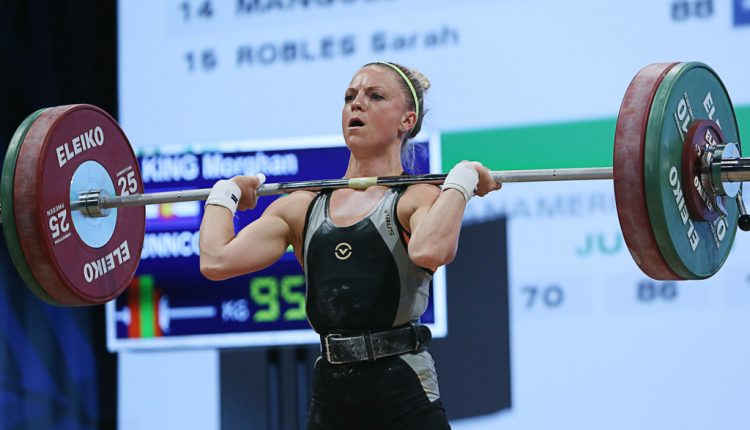What Muscles Are Used in Olympic Weightlifting?
If you want an answer to this question, just ask an Olympic Weightlifter, and they’ll tell you … Every Muscle!
When you’re lifting, every muscle and every part of the body is called into play. Olympic Weightlifting is not about specific muscles. It’s all about athletic performance, power development, and whole-body strength.
If we had to narrow it down, you could say that the following muscles play the largest part in the process of Olympic Weightlifting:
- Hamstrings
- Quads
- Glutes
- Back Traps
- Shoulders
Olympic weightlifters do tend to build muscle strength and size, especially in the legs and back. But, they build strength in their legs through the squats that they do during the lifting process. The muscles in the back are used as stabilizers during the process.
If you consider the training that Olympic weightlifters go through, that’s probably where most of the muscle is built overall. Practising the snatch and the clean and jerk will work for some muscle groups. But, a weightlifter at this level will be doing considering training other than pure lifting.
It’s common for weightlifters in smaller weight classes to be strong, but not huge. Some professional bodybuilders will be bigger than them. On the other hand, at the top of the weight classes, those guys can be massive. But again, consider that size is not the goal here, the overall strength is.
Momentum and use of joints are a vital part of completing a lift. These are even more important for Olympic weightlifters than other types of competitive lifting. During the lift, the ankles, knees, and hips have to work in conjunction with the muscles or life will fail. Momentum and speed are essential. The heavier the weight the longer it will take to lift it. It’s lack of speed and momentum that will be more likely to cause the lift to fail.
Trying to use Olympic weightlifting as a means of bodybuilding is a mistake. It’s just not going to focus on individual muscle and muscle groups like other types of weight training and lifting will. If you are looking to improve flexibility, speed, and overall strength, then you should consider it. It’s also going to lend strength to your cardiovascular system.
Many people think that Olympic weightlifting is dangerous and on the fringe. You have to follow safety precautions, just like you do with any other sort of training or lifting. But, it can be quite rewarding as the goals are definite and challenging.

